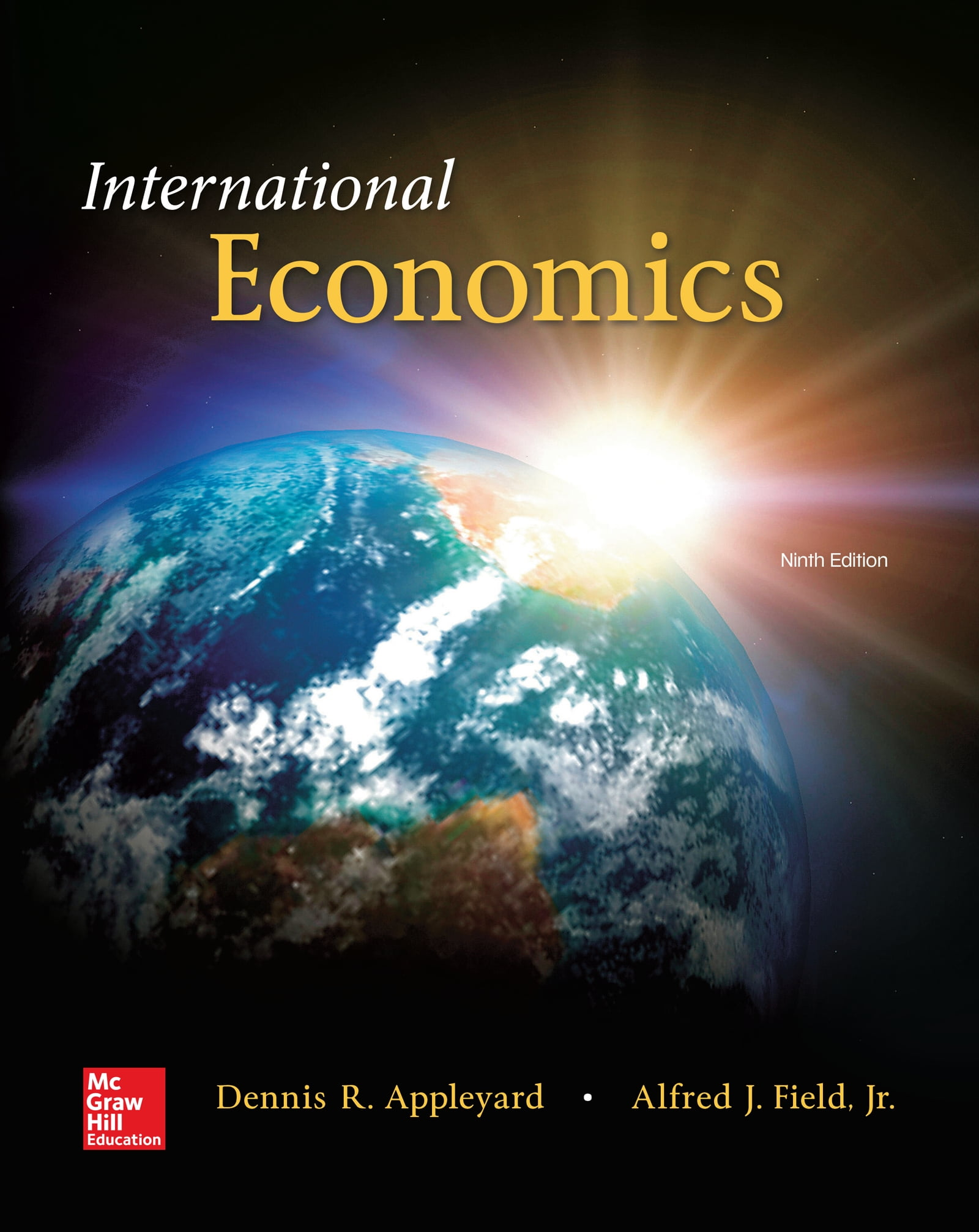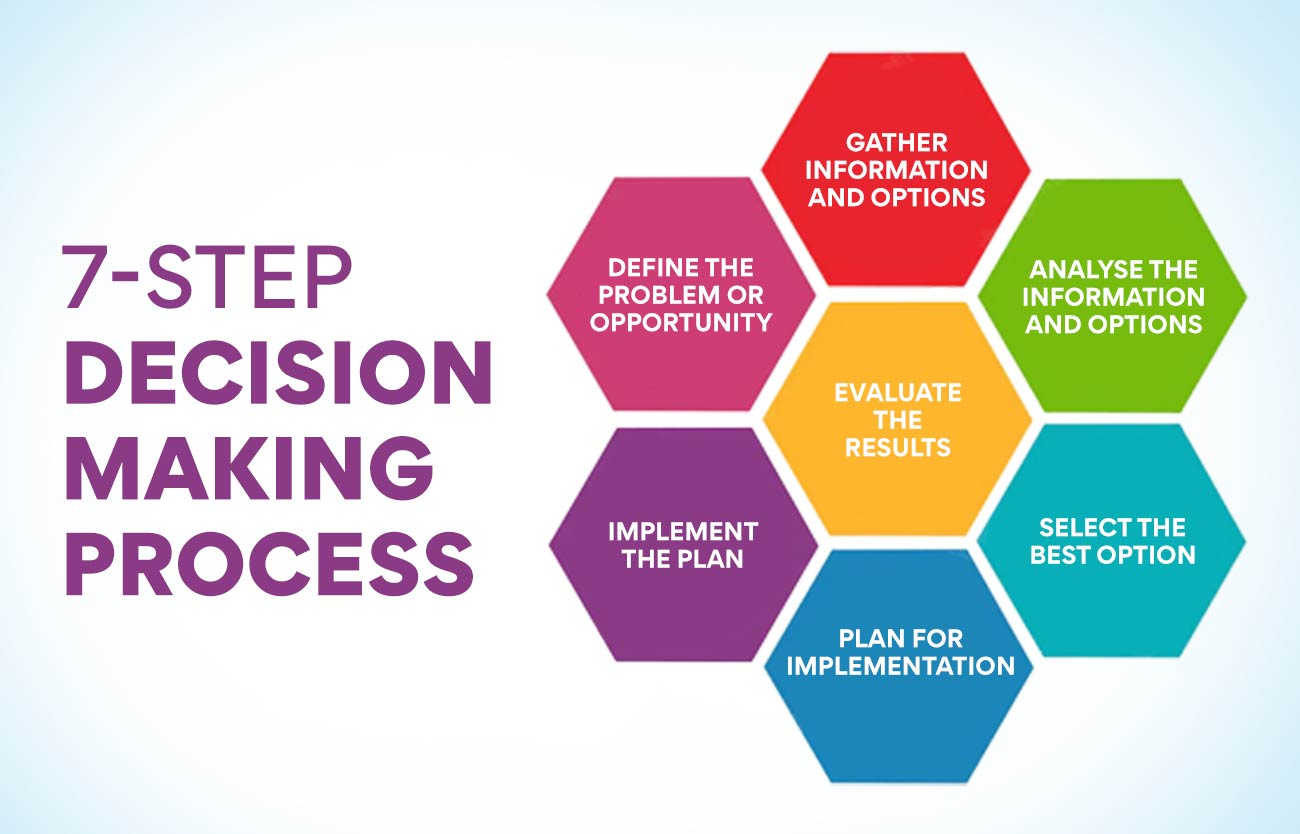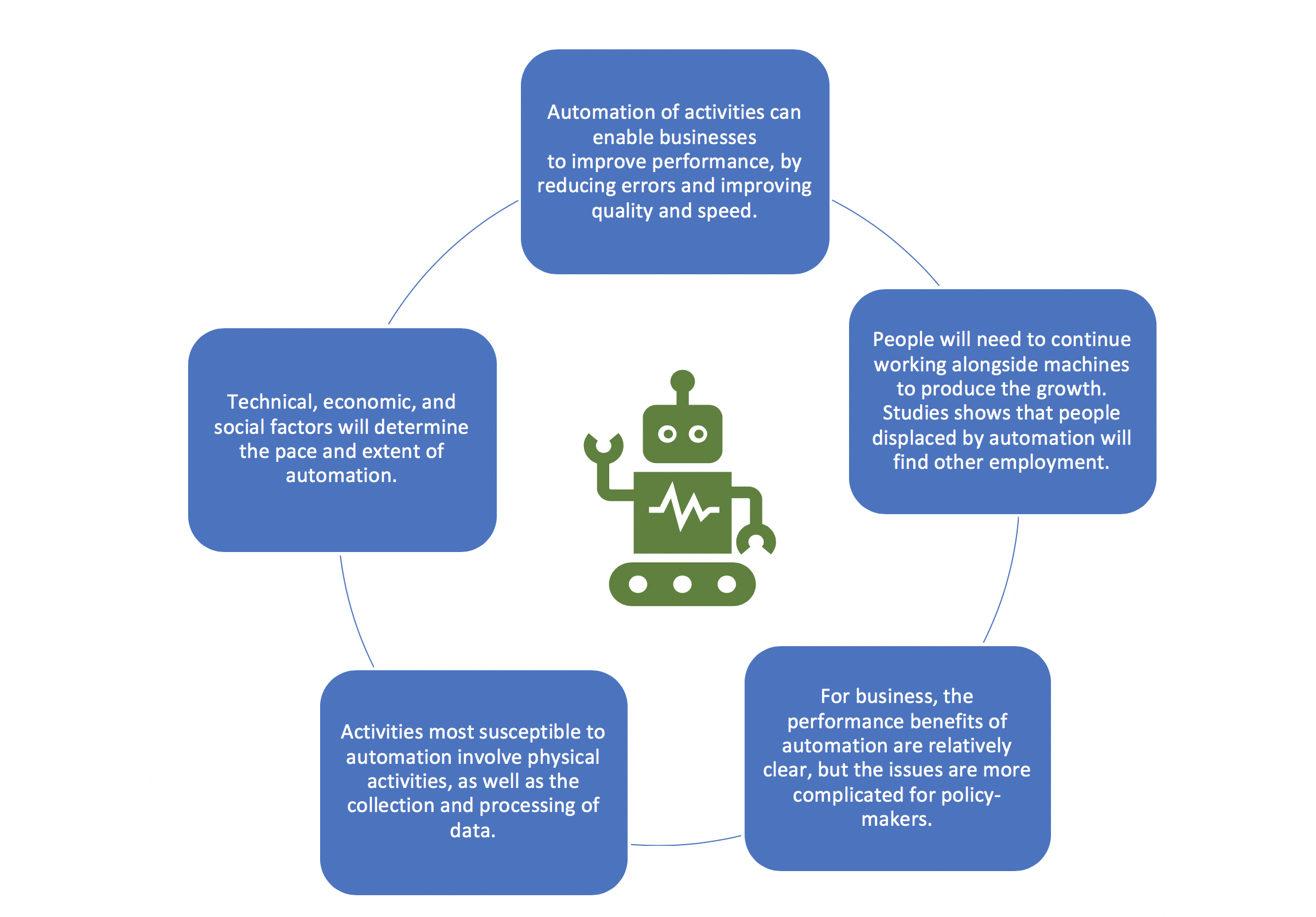Economic books serve as essential guides through the complex maze of finance and monetary systems, offering insights that benefit readers from all walks of life. Whether you’re a novice wishing to enhance your financial literacy or a seasoned investor seeking economic book recommendations, the right literature can illuminate the intricate workings of money. The best books on economics not only provide theoretical frameworks but also engage with real-world issues, making them accessible and relatable. From classic texts to contemporary analyses, these books about money delve into topics such as central banking, investment strategies, and the historical evolution of currency. Here, we will explore a curated selection of recommendations from renowned economists, including pivotal works that grace the Harvard economist reading list, ensuring you find valuable resources in the vast realm of economic knowledge.
Literature focused on financial systems and economic principles is crucial for anyone aiming to understand the societal impact of monetary transactions. These texts encompass a wide range of themes, from the history of currency to modern financial practices, making them indispensable for those pursuing knowledge in fiscal matters. Delving into the genre known for its dissection of wealth management, wealth creation, and expenditure strategies can empower readers with essential skills for navigating today’s economy. With various influential authors and their insights forming a substantial part of global economic discourse, this exploration will highlight noteworthy reads that can transform your approach to money and finance.
Essential Economic Books for Financial Literacy
In today’s fast-paced world, having a grasp on financial literacy is crucial. Economic books serve as invaluable resources for those seeking to understand both the fundamentals of finance and the nuances that govern money management. Works such as “The Ascent of Money” by Niall Ferguson provide not only a historical perspective on finance but also critical insights into modern economic systems. This thorough examination of debt and finance underlines the evolution of how societies perceive and use money, laying important groundwork for understanding today’s financial markets.
Furthermore, books like “The Curse of Cash” by Kenneth S. Rogoff delve into the implications of currency and the future of money in a digital age. Rogoff’s analysis encourages readers to consider how cashless transactions are redefining economic interactions. By engaging with these thought-provoking texts, individuals can improve their financial literacy and make more informed decisions about their financial futures, ultimately empowering them to navigate complex economic landscapes.
Top Recommendations from Harvard Economists
Harvard economists have consistently contributed to enriching the discourse surrounding economic thought and financial education. Their curated lists, including seminal works like Milton Friedman’s “Money Mischief” and Jacob Goldstein’s “Money,” highlight both the history and the intricacies of the monetary system. Each book offers unique insights, with Goldstein’s lighthearted narration contrasting with Friedman’s more academic approach, thus catering to a diverse audience seeking to enhance their understanding of economics.
Another notable mention from these recommendations is Claudia Goldin’s “Career and Family,” which explores the intersection between gender, labor, and economic growth. This book sheds light on the historical context of women in the workforce while addressing contemporary challenges, making it an essential read for anyone interested in the evolving economic landscape. These powerful insights from leading economists not only serve as foundational texts but also encourage critical thinking in economic matters.
Understanding the Future of Money
As we transition into an increasingly digital economy, understanding the future of money has become essential. Books like “The Future of Money” by Eswar S. Prasad offer a balanced view of cryptocurrencies and the role of central banks in a changing financial environment. This discussion is particularly relevant today as digital currencies gain traction globally, and readers must grasp the implications of these changes on traditional financial systems.
Additionally, Kenneth Rogoff’s insights into digital currencies in “The Curse of Cash” provide groundwork for appreciating how innovation in transactions is likely to evolve. Rogoff explains the inevitable tension between innovative transaction technologies and government regulation. Readers who engage with these forward-looking economic texts will be better equipped to navigate the complexities posed by the convergence of technology and finance.
Financial Insights through Historical Perspectives
Examining the historical context of money through texts like “The Ascent of Money” not only informs readers about financial principles but also engages them with intriguing historical narratives. Niall Ferguson draws connections between historical events and modern economic practices, allowing readers to appreciate how past financial decisions shape current scenarios. This understanding is vital for individuals aiming to grasp the cyclical nature of economies.
Furthermore, books such as “The Price of Peace” by Zachary D. Carter delve into the significant influence of economic theorists like John Maynard Keynes on policy-making through times of war and peace. Carter’s blend of biography and economic policy analysis helps readers to understand the broader implications of economic thought and how it alters societal structures. This integration of history and economics encourages readers to view financial literacy as a continuum shaped by both past and present events.
The Role of Central Banks in Modern Economics
Central banks play a pivotal role in shaping the economy, serving as regulators and facilitators of financial stability. Mohamed A. El-Erian’s “The Only Game in Town” examines the intricate dynamics of central banks during economic crises, revealing how their actions can influence monetary policy and fiscal strategies. This in-depth exploration provides crucial context for understanding the complexities of contemporary financial systems.
El-Erian’s work, in conjunction with broader discussions found in other economic literature, highlights that while central banking strategies can often seem opaque, they are crucial to ensuring economic resilience. By analyzing the decisions and policies of these institutions, readers can glean insights that help demystify their operations and understand their impact on everyday financial matters.
Economic Literature that Reshapes Perspectives
Economic literature has the power to reshape our understanding of not just money but the intricacies of society at large. For instance, Claudia Goldin’s “Career and Family” challenges traditional views on women’s roles in both the workplace and the home. By examining how socioeconomic factors impact gender dynamics, this book encourages readers to reflect on their economic assumptions and the societal structures they engage with daily.
Moreover, texts like Zachary D. Carter’s “The Price of Peace” urge readers to consider the responsibilities and repercussions of economic policies on a global scale. By exploring the intersections of finance, peace, and conflict, these works promote a comprehensive understanding of economics that transcends mere monetary exchanges. Such literature is essential for fostering informed and engaged citizens capable of navigating the complexities of the modern economic environment.
Key Classics for Emerging Economists
For those new to the field of economics, several classic texts are indispensable. Milton Friedman’s “Money Mischief” and Jacob Goldstein’s “Money” provide foundational insights into the evolution of monetary systems while remaining accessible to beginners. These books lay the groundwork for understanding more complex economic theories, making them perfect starting points for aspiring economists.
In addition, seminal texts like “The Curse of Cash” by Kenneth Rogoff and “The Ascent of Money” by Niall Ferguson traverse historical and contemporary discussions, ensuring that readers appreciate the breadth of economic thought. By immersing themselves in these classics, emerging economists can grasp essential concepts and develop critical analytical skills needed for their future careers.
Books on Money That Everyone Should Read
Books about money are tailored for both novices and experts in finance. Titles such as “The Future of Money” not only discuss the implications of cryptocurrencies but also address fundamental questions about the future of financial transactions. Each recommended title offers readers diverse perspectives on how to manage finances effectively, making them essential reading for anyone serious about understanding modern economics.
In addition, financial literacy books like Kenneth Rogoff’s “The Curse of Cash” provide a deep examination of how cashless societies may evolve, encouraging readers to think critically about their own financial habits and the kind of economic future we may create. Engaging with these texts fosters a proactive approach to understanding money, equipping readers with the wisdom needed to navigate the complexities of today’s financial landscape.
Building a Comprehensive Economics Reading List
Creating a robust reading list of economics-related books enhances one’s understanding of the field while fostering intellectual curiosity. From “Money Mischief” to “The Ascent of Money,” each title adds a unique perspective that can shape one’s thinking about finance and economic systems. This diversity not only broadens the scope of knowledge but also inspires critical discussions around personal and societal financial matters.
Moreover, incorporating titles directly from the suggested readings of esteemed economists, such as those from Harvard’s faculty, ensures that individuals engage with high-quality resources. By investing time in these economics book recommendations, readers can cultivate a nuanced understanding of both historical and contemporary financial challenges, empowering them to apply their knowledge effectively in real-world scenarios.
Frequently Asked Questions
What are the best books on economics for beginners?
For those new to the field, some of the best books on economics include ‘Freakonomics’ by Steven Levitt and Stephen Dubner and ‘The Wealth of Nations’ by Adam Smith. These titles provide foundational insights into economic principles and curious economic phenomena.
Can you recommend some books about money that are influential?
Influential books about money include ‘The Ascent of Money’ by Niall Ferguson and ‘Money Mischief’ by Milton Friedman. These works explore the history and complexities surrounding money, making them essential reads for anyone interested in understanding financial systems.
What are some economics book recommendations for understanding financial literacy?
For improved financial literacy, consider reading ‘The Total Money Makeover’ by Dave Ramsey and ‘Rich Dad Poor Dad’ by Robert Kiyosaki. These economics book recommendations provide practical advice on managing money and investing wisely.
Which economic books should I read to get a grasp on modern monetary policy?
Books such as ‘The Only Game in Town’ by Mohamed A. El-Erian and ‘The Curse of Cash’ by Kenneth S. Rogoff are excellent resources for understanding modern monetary policy and the future of currency in economic systems.
Why should I read the Harvard economist reading list on economics?
The Harvard economist reading list includes titles that cover pivotal economic theories and concepts, such as ‘The Price of Peace’ by Zachary D. Carter and ‘Career and Family’ by Claudia Goldin. These books are beneficial for anyone looking to deepen their understanding of economics and its real-world applications.
Are there any entertaining books about money that also educate?
Yes, ‘Money: The True Story of a Made-Up Thing’ by Jacob Goldstein offers an entertaining and informative look at the history of money. This book is perfect for readers seeking engaging stories combined with economic education.
What is the importance of financial literacy books in today’s economy?
Financial literacy books play a crucial role in today’s economy as they empower individuals to make informed financial decisions. Titles like ‘The Millionaire Next Door’ and ‘Your Money or Your Life’ provide indispensable knowledge on budgeting, saving, and investing.
How can economic books help in understanding cryptocurrency?
Books such as ‘The Future of Money’ by Eswar S. Prasad dive into the nuances of cryptocurrency, highlighting the pros and cons of digital currencies, thus aiding readers in navigating the evolving financial landscape.
| Title | Author | Description |
|---|---|---|
| Money | Jacob Goldstein | An entertaining history of what money is and what aspired to be money but turned out not to be, often at a great loss to investors. |
| The Future of Money | Eswar S. Prasad | A reliable economic account of cryptocurrencies, providing a balanced perspective on central banks’ developing digital currencies. |
| Money Mischief | Milton Friedman | Significant scholarly works about money by the leading postwar proponent of monetarism, though less entertaining than others. |
| The Price of Peace | Zachary D. Carter | A biography of John Maynard Keynes that discusses his broad thinking on money’s impact on the economy and policy after his death. |
| The Ascent of Money | Niall Ferguson | An exploration of the history of debt and finance, enriched with humor and insight into the global financial system. |
| The Only Game in Town | Mohamed A. El-Erian | An in-depth examination of central banking and its role during the global financial crisis, including issues of monetary and quasi-fiscal policies. |
| Ben Franklin: An American Life | Walter Isaacson | An extensive portrayal of Franklin’s life, highlighting his role in developing paper currency in America and his intelligence in various fields. |
| The Curse of Cash | Kenneth S. Rogoff | A look into the history and future of currency and digital currencies, suggesting government regulation follows innovations in transaction technologies. |
| The Forgotten Financiers of the Louisiana Purchase | Larry Neal | Explores how the United States financed the Louisiana Purchase, revealing the pivotal role of the Barings banking family. |
| Career and Family | Claudia Goldin | Discusses women’s balancing of work and family over the past 120 years and the economic barriers they face in achieving this balance. |
Summary
Economic books are essential for understanding the complexities of finance and money management. The recommended titles by Harvard economists provide insightful perspectives and historical contexts, making them valuable resources for readers interested in enriching their knowledge in this field. From the evolution of money to the impact of central banking on global economies, these works collectively illuminate the multifaceted nature of economics, offering lessons that resonate with both seasoned professionals and curious learners.



